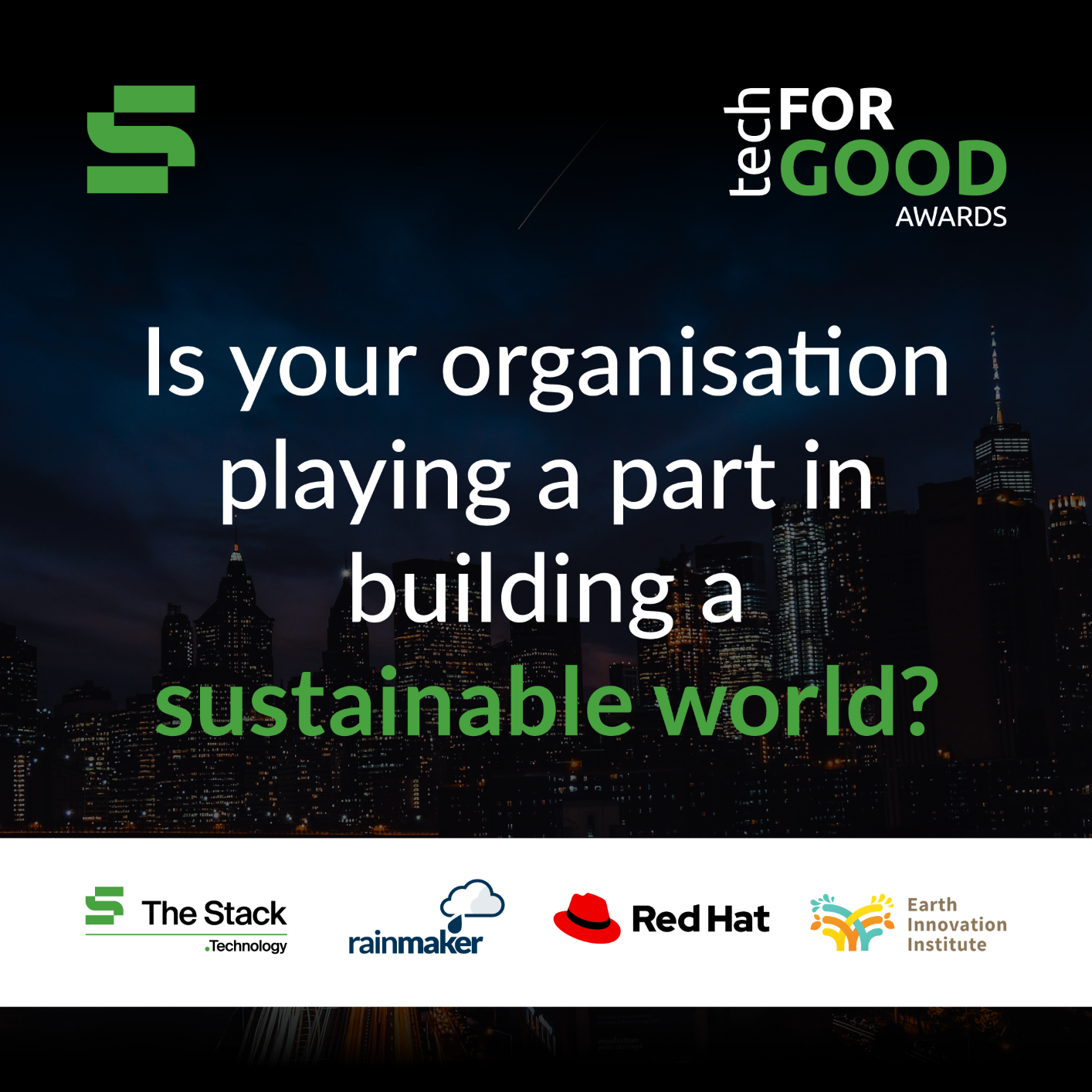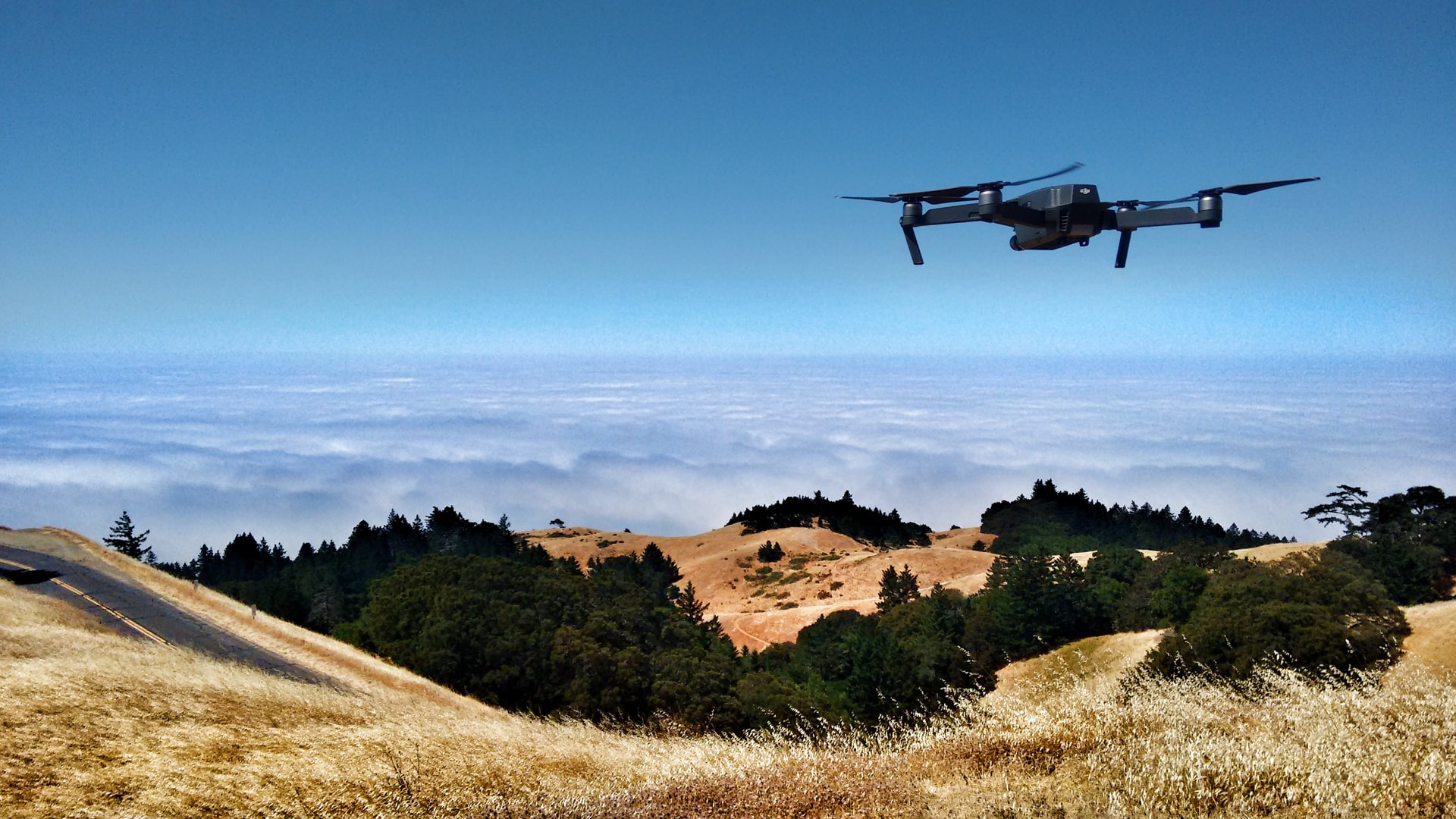We’ve sent dozens of missions to Mars but can’t provide safe drinking water to billions of people on our own planet. So, if you want to know how lucky you are, just turn on the tap. Few people understand the difficulties of providing clean water to remote communities as well as Francesca O’Hanlon. As a water civil engineer, Francesca worked with Médecins Sans Frontières in refugee camps in South Sudan and the Central African Republic, but it was in Mexico that she conceived a device to chlorinate large volumes of water safely and cheaply.
Perspiration follows inspiration, and Francesca pursued the idea as a side project during her PhD at Cambridge, where she had access to the university’s new toy: a 3D printer. It changed the game.
“Prototyping a new device is a slow, laborious process of many iterations, and it used to take us the best part of a week to build each one,” she told The Stack. “But with the 3D printer, we could print new components overnight, test and evaluate in the morning, then print and test again in the afternoon. It transformed development, enabling us to build an effective automatic chlorine doser far faster and more cheaply than doing everything by hand or to order.”
With a grant from O2 to acquire her own 3D printer, Francesca perfected a device which will deliver clean, safe water for just £2 more per household than they currently pay for unclean water. Given that most people without access to clean water boil theirs on charcoal costing £6 - £12 a year, the chlorine doser can actually save communities money while ensuring their water is completely safe to drink.
Francesca founded Blue Tap, a social enterprise that works with development charities like the Centre for Global Equality and Afrinspire to connect to communities that need clean water.
Mass production is scheduled for next January, with 3D printing playing a starring role in the development of a device which promises to save countless lives from waterborne diseases.
We expect projects like Blue Tap to be real contendors in our #techforgood awards: nominations are open until April 30, 2021. Get your application in today, your project in front of our world-class judges, and win a year's media counsel from The Stack's experienced team.

Water is not the only thing we have on tap in advanced economies. We carry the sum of human knowledge in our pocket, and can answer almost any query with a tap of the screen. Bringing even a fraction of the web to the unconnected world can have a profound effect on human development, a challenge international development agency United Purpose is meeting in 13 of the world’s poorest countries.
“Technology is absolutely central to international development, but we have to work with what’s there,” Hannah Pudner, United Purpose’s Deputy CEO told The Stack. “West Africa has low rates of literacy and barely any access to education or the internet. So we have farmers who can’t access fundamentally important information like weather forecasts or market prices, putting them at enormous disadvantage.”
In The Gambia, United Purpose set up the Market Price Information System, a voice-based system that enables anyone to call up and access critical information on crop prices, weather forecasts, advice on childhood nutrition, data on crop damage and more. The system has developed to support crowdsourcing, with farmers “uploading” information by phoning the hub and leaving messages for the rest of the community. The agency also runs a similar project in Senegal which reaches 20,000 farmers with agri-information.
As the project showcases, creativity and ingenuity are just as important as the technology: the system itself is simplicity incarnate, but the Market Price Information System forms a crucial component in United Purpose’s wider mission to improve crop production, marketing, and value addition, while empowering farmers to maximise their profits.

Reach for the skies
If that’s left you craving something a little more hi-tech, worry not because the cavalry’s coming. Or rather, its 21st century equivalent: drones. Drones! The technology might be a toy for many, but is literally a lifesaver in some parts of the planet.
Take malaria, for example. This disease has killed roughly half the people who have ever lived; it kills three million people and costs the African economy $30 billion every year, and remains one of the top four causes of global poverty.
Combating malaria requires targeting mosquito breeding grounds, typically rice paddies or other areas of stagnant water where the insects lay and hatch their eggs. Reaching these rural and remote areas was once only possible with helicopters, making it a hugely (and often prohibitively) expensive operation.
But mosquitoes now have a powerful new adversary; one with which they have more than a little in common.
These days, the ominous, high-pitched buzzing above a breeding ground may well come from a machine deployed by Drones Against Malaria, which is leading mosquito eradication efforts in many parts of the world. These drones cover huge areas far more cheaply than aircraft, spraying a chemical that suffocates the larvae while leaving water completely safe for drinking and agriculture. (You can watch them at work here.)
But drones aren’t limited to combating malaria. They’re also used to deliver medicines to isolated communities, and they’re also a powerful new rescue tool, finding missing people, bringing supplies to trapped survivors, and peering through smoke and darkness to find unconscious victims. (If mountains are your thing, check out this drone-assisted rescue on the most savage peak of all, K2.)
Drone manufacturer DJI claims that these wonderful little machines have already rescued 560 people, and they’ve even put together a map showing where they have helped save lives.
A helping hand
When a natural disaster or man-made catastrophe unfolds, aid agencies are among the very first on the scene. But though it may salve our conscience to donate to disaster relief, how many of us have more than the vaguest idea of how our money is used - or even if it reaches its destination at all?
This isn’t an attack on charitable giving. Rather, it’s a recognition that a significant proportion of aid will always be lost to theft, fraud and friction, including administration, marketing and fundraising. What if there were a way to know that your donation went straight to an individual or family in direst need, instead of charities’ overheads?
Casper Niebe has long been interested in improving the way we deliver foreign aid. In 2019 he founded PolloPollo.org, a project based on a distributed ledger platform Obyte, which enables anyone to donate directly to those in need.
The front end is simple enough: a person in need creates a user profile, searches through a list of products offered by producers or merchants in their local area, and applies for a donation - a loaf of bread, say, or medical supplies. Potential donors, meanwhile, can choose from the list of applicants, and donate the requested items to the applicant.
The challenge with donating at such a distance is providing full transparency of transactions and creating trust between parties who would otherwise have no reason to trust each other. And here’s where things get seriously smart.
With PolloPollo, transactions are made over Obyte between the donor and the producer/merchant through a temporary shared wallet; the applicant then picks up the item and confirms receipt with their unique ID, enabling the producer to withdraw funds from that wallet.
It sounds complicated, but the front end is based on a text- and chatbot-based interface and, crucially, only the merchant needs to have a smartphone.
“Too often technology leaves users behind,” Niebe told The Stack. “We hear a lot about banking the unbanked, but often what’s needed is to device the undeviced. In developing countries it may only be merchants or producers who are rich enough to own a smartphone, which is why we developed a way to make transactions without the applicant needing a device.”
PolloPollo is still in development, although the platform has already been used by several hundred people in hyperinflation-stricken Venezuela to receive donations for urgent items. But it provides a tantalising glimpse of the future of foreign aid: one where donors can know that every penny is going directly to those who need it most, while eliminating losses to fraud, theft and corruption.
Next week, we’ll be looking at technologies for health that are changing lives









